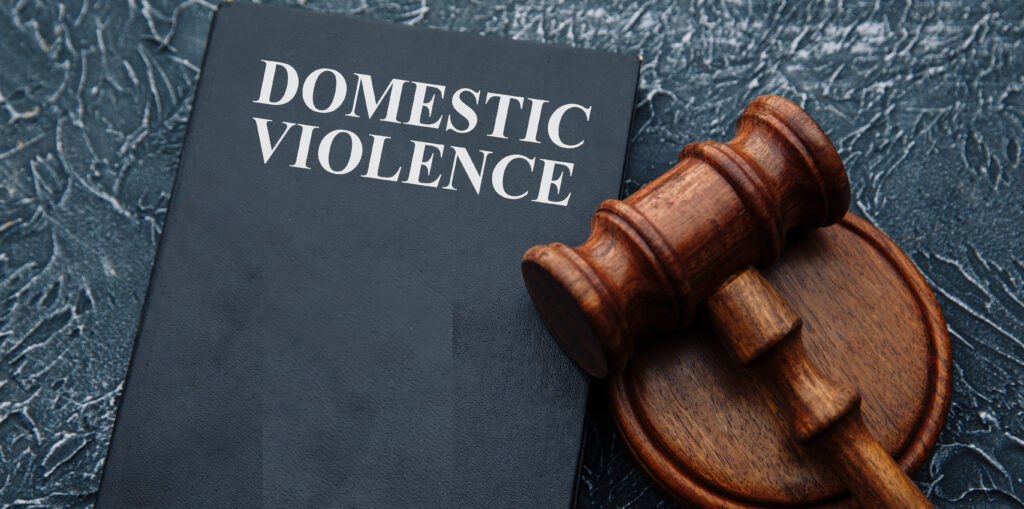Georgia and South Carolina Domestic Violence Attorneys
Top Defense Lawyers Serving Clients in Charleston, Beaufort County, Jasper County, Savannah, Chatham County, Effingham County, Pooler, Rincon, and Throughout the Low Country

Defending Your Rights Against Domestic Violence Charges
South Carolina and Georgia have some of the highest domestic violence-related fatality rates in the country. As a result, prosecutors in both states are aggressive in pursuing these cases. However, being arrested does not mean you are guilty. Many domestic violence accusations are false, often arising from child custody disputes, divorce, or personal vendettas.
At Bannon Law Group, LLC, we understand the devastating impact these charges can have on your reputation, freedom, and future. Whether you’re in Charleston, Bluffton, Savannah, or elsewhere in the Low Country, our experienced attorneys are here to protect your rights. Contact us today to start building your defense.
Why You Need a Skilled Domestic Violence Defense Attorney
A domestic violence conviction can bring severe legal and personal consequences, including:
- Imprisonment: Penalties vary based on the degree of the charge, with sentences of up to 20 years for severe offenses.
- Loss of Rights: Convictions may result in losing your right to own firearms or restrictions on child custody and visitation.
- Social and Professional Impact: Convictions can create barriers to employment, housing, and personal relationships.
With stakes this high, hiring a skilled attorney is critical. At Bannon Law Group, we fight to uncover evidence in your favor, challenge the prosecution’s case, and achieve the best possible outcome.
What Constitutes Domestic Violence in South Carolina and Georgia?
Domestic violence involves causing harm or threatening harm to a household member. Under the law, household members include:
- Spouses and ex-spouses
- Individuals living with or who have lived with the accused
- Individuals who share a child with the accused
Domestic violence may involve physical harm (e.g., hitting, slapping) or psychological abuse (e.g., threats to harm a household member or their loved ones). South Carolina and Georgia laws also recognize patterns of behavior intended to establish control or dominance as domestic violence.
Degrees of Domestic Violence Charges and Penalties
- Domestic Violence of a High and Aggravated Nature (DVHAN)
- Penalty: Up to 20 years in prison
- Criteria: Extreme indifference to human life with great bodily injury or threat. Violating a protection order during the offense can also result in this charge.
- First-Degree Domestic Violence
- Penalty: Up to 10 years in prison
- Criteria: Physical harm or credible threat with prior convictions or “great bodily harm.” Aggravating factors, such as firearm use, may escalate charges.
- Second-Degree Domestic Violence
- Penalty: Up to 3 years in prison and fines of $2,500–$5,000
- Criteria: Moderate bodily injury, one prior conviction, or aggravating factors during a third-degree offense.
- Third-Degree Domestic Violence
- Penalty: Up to 90 days in jail and fines of $1,000–$2,500
- Criteria: Considered a misdemeanor but can still impact employment, housing, and custody rights.
Defense Strategies for Domestic Violence Charges
At Bannon Law Group, we take a comprehensive approach to domestic violence defense, including:
- Identifying inconsistencies in the accuser’s story
- Gathering evidence and witness testimony in your favor
- Demonstrating a lack of intent or credible threat
Our attorneys know that every case has two sides, and we are committed to ensuring your voice is heard. We fight aggressively to have charges reduced, dismissed, or to secure a favorable verdict at trial.
Serving Clients in Charleston and Beyond
Our attorneys provide expert legal representation in the following areas:
- Charleston, SC: Comprehensive domestic violence defense for Low Country residents.
- Bluffton, Beaufort, and Jasper Counties: Protecting clients throughout the coastal region.
- Savannah, GA, and Surrounding Areas: Including Chatham County, Effingham County, Pooler, and Rincon.
Consult an Experienced Domestic Violence Attorney
Suppose you are facing domestic violence charges in Charleston, Savannah, or anywhere in South Carolina or Georgia. In that case, it’s important to recognize that your future is on the line. The experienced attorneys at Bannon Law Group, LLC are here to protect your rights and reputation.
Contact Us Today: Call 843-865-8922 or contact us to schedule a consultation.
